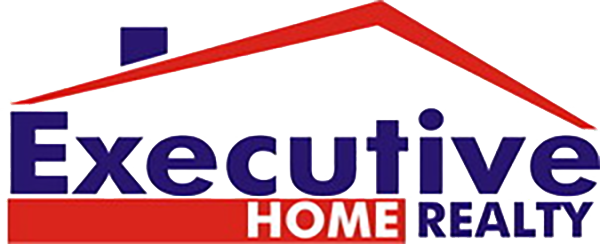Buying tips
- What Type of Home Best Suits Your Needs? You have several options when purchasing a residential property: a traditional single-family home, a townhouse, a condominium, a co-operative, or a multi-family building with two to four units. Each option has its pros and cons, depending on your homeownership goals.
- While it’s good to retain some flexibility in this list, you’re making perhaps the biggest purchase of your life; you deserve to have that purchase fit both your needs and wants as closely as possible. Your list should include basic desires, like neighborhood and size, all the way down to smaller details like bathroom layout and a kitchen that comes with trustworthy appliances.
- What Size of Mortgage Do You Qualify For? Before you start shopping, it’s important to get an idea of how much a lender will actually be willing to lend you to purchase your first home. You may think you can afford a $300,000 place, but lenders may think you’re only good for $200,000—depending on factors like how much other debt you have, your monthly income, and how long you’ve been at your current job.
- What Kind of Home Can You Actually Afford? On the other hand, sometimes a bank will give you a loan for a more expensive house than you really want to pay for. Just because a bank says it will lend you $300,000, doesn’t mean you should actually borrow that much. Many first-time homebuyers make this mistake and end up “house-poor”—meaning after they pay their monthly mortgage payment they have no funds left over for other costs, such as clothing, utilities, vacations, entertainment, or even food.
- Do You Have Serious Savings? Even if you qualify for a sizeable mortgage, there will be considerable upfront costs (like the down payment on the home, typically 20% of the total purchase price) and closing costs, too. So you need to have money put away.
- When it comes to investing with an eye toward purchasing a home—a short-term goal—one of the biggest challenges is keeping savings in an accessible, relatively safe vehicle that still affords a return. If you have one year to three years to realize your goal, then a certificate of deposit (CD) may be a viable option. It’s not going to make you rich, but you aren’t going to lose money either.
- Who will help you find a home and guide you through the purchase?
A real estate agent will help you locate homes that meet your needs and are in your price range, then meet with you to view those homes. Once you’ve chosen a home to buy, these professionals can assist you in negotiating the entire purchase process, including making an offer, getting a loan, and completing paperwork. A good real estate agent’s expertise can protect you from any pitfalls you might encounter during the process. Most agents receive a commission, paid from the seller’s proceeds.
SEE ALSO: Buying Advice

